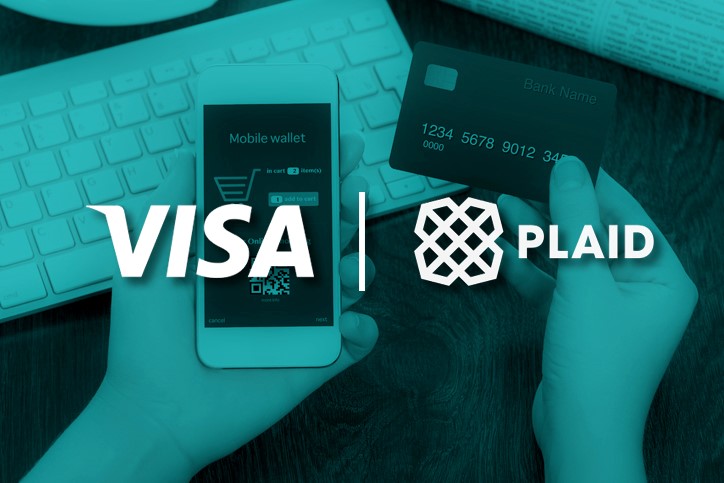![AOBA-Blog-Image[93]](https://blog.srmcorp.com/hs-fs/hubfs/AOBA-Blog-Image%5B93%5D.png?width=931&name=AOBA-Blog-Image%5B93%5D.png)
After a two-year hiatus, Bank Director's Acquire or Be Acquired was back with an in-person event in Scottsdale, AZ, last week.
![AOBA-Blog-Image[93]](https://blog.srmcorp.com/hs-fs/hubfs/AOBA-Blog-Image%5B93%5D.png?width=931&name=AOBA-Blog-Image%5B93%5D.png)
After a two-year hiatus, Bank Director's Acquire or Be Acquired was back with an in-person event in Scottsdale, AZ, last week.
Topics: Fintech, Vendor management, Automation, Cryptocurrency, Mergers & Acquisitions, Expense Management
![Revenue_Blog_Image[96]](https://blog.srmcorp.com/hs-fs/hubfs/Revenue_Blog_Image%5B96%5D.png?width=932&name=Revenue_Blog_Image%5B96%5D.png)
It will be difficult for financial institutions to boost revenue in 2022 – many will need to be more innovative than ever to add customers, book loans, and bring in fees.
Interest rates should remain low next year, and competition will intensify as loan demand returns. Customers’ shifting preference for digital channels will require tech investments that will further pinch bottom lines.
Financial institutions are looking at niche businesses, acquiring loan portfolios, and creative revenue strategies to offset those pressures. Here’s a look at some tactics being employed.
Topics: Fintech, Bank Vendor Management, Credit Union Vendor Management, Buy Now Pay Later, Cannabis Banking, Revenue

Despite concerns about upfront costs, a growing number of community banks are preparing to implement technological upgrades, such as online loan closings and automated underwriting.
Topics: Fintech, Automation, Bank Vendor Management, Credit Union Vendor Management

In recent years, challenger banks, neobanks, and other fintech startups have intensified their efforts to compete as financial services providers. Now, regulators have renewed interest in shifting the odds in their favor.
By obtaining a new specialized charter through the Office of the Comptroller of the Currency (OCC), new competitors may gain strategic advantages over more conventional banks and credit unions.
Here is a closer look at some legal and regulatory developments which could determine just how entrenched fintechs will become in the payments system – and how competitive they can be with core banking products and services.
Topics: Payments, Fintech, Digital Banking, FDIC, Challenger Bank, Neobank, Growth Strategies
![Fintech_Blog_Image[40]](https://blog.srmcorp.com/hs-fs/hubfs/Fintech_Blog_Image%5B40%5D.png?width=862&name=Fintech_Blog_Image%5B40%5D.png)
Financial Institutions (FIs) have long had a curiosity regarding fintech.
There were concerns that these digital disruptors would create more competition for traditional financial services providers (without as much regulatory oversight), but banks and startups are starting to embrace opportunities to collaborate.
Conversations about partnerships between FIs and fintech intensified in the wake of the coronavirus pandemic, as scores of consumers and businesses became digital converts and there was a greater need to make day-to-day tasks easier (and safer) for those customers.
Topics: Fintech, Digital Banking, Online Lending, M&A

One year ago, almost to the day, Fiserv surprised the payments world by announcing its acquisition of First Data, setting off a wave of payments consolidation that by midyear had narrowed a list of six leading processors and bank service providers down to three. Following this flurry of activity, it was widely assumed that FIS, Global Payments and Fiserv would be occupied with integration tasks for the foreseeable future, potentially leaving payments M&A destined for a short breather. But wait – there’s more.
Topics: Open Banking, Fintech, Payments Consolidation, Visa, Plaid

Will the United States see a recession in 2020? While the economist and political pundits disagree about the when and why, the overwhelming majority of them agree that our current period of expansion cannot last forever. The last time a significant number of the “experts” believed that the “good days” would last indefinitely, the world experienced an economic meltdown unmatched since The Great Depression.
Topics: Fintech, Vendor Contract Management

The Pew Research Center defines Generation Z as anyone born in 1996 or later. A watershed event occurred in 2007 with the introduction of the first iPhone, which maps well to the generational differentiator about Gen Z having little experience with pre-smartphone technology.
Topics: Payments, Fintech, Digital Banking, Generation Z

In a recent blog post, we outlined the lessons learned in the year since the UK’s Open Banking regulation took effect. The Open Banking concept is hardly confined to Great Britain, however. Countries as geographically and culturally diverse as Singapore, Australia, Holland and Canada have also embarked on similar endeavours to alter the dynamics of their financial services sectors – thus also altering other interconnected sectors.
Although it’s difficult to envision a similar top-down mandate in the United States, there is growing evidence that many of Open Banking’s features will become part of the American landscape through other means. Yet, depending on where you look, commentators cannot agree on the impact of Open Banking’s introduction in the U.S., whether it be success, failure, positive or negative.
Topics: Strategic Sourcing, Payments, Innovation, Open Banking, Fintech
© Strategic Resource Management, Inc. All rights reserved. 2022 | Privacy Policy